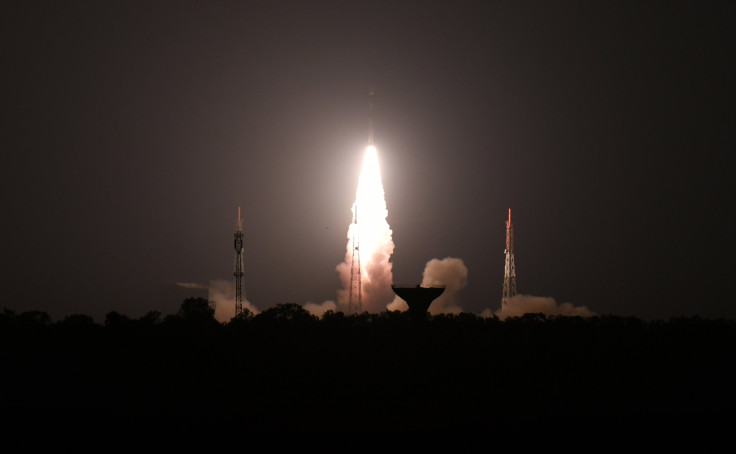Anti-Satellite Missile Developed By India, 4th Country To Do So
India successfully tested an indigenously-developed anti-satellite (A-SAT) missile Wednesday, when it shot down a low-Earth orbit (LEO) satellite. The announcement about the test was made in a national broadcast by Indian Prime Minister Narendra Modi.
The missile was developed by India's Defense Research Development Organisation (DRDO), and was launched from the test facility in Balasore, in the east Indian state of Odisha. India is now the fourth country in the world — along with the United States, Russia and China — to have this missile capability.
Addressing the country, Modi said “A short while ago, India has shot down an LEO satellite, 300 kilometers (about 186 miles) away, by anti-satellite missile. The pre-selected target was destroyed, the mission was completed successfully in three minutes.”
The operation was named Mission Shakti.
According to the Council On Foreign Relations, a U.S. nonprofit think tank, an A-SAT missile can be an air, land, or sea-based weapon which is capable of destroying assets in space assets. The research into A-SAT began after the Soviet Union launched the first satellite, Sputnik, in 1957. By the 1980’s, both the U.S. and the Soviet Union had performed anti-satellite missile tests, violating the 1967 United Nations treaty that banned such activities. The U.S. conducted its last test in 1985, out of fear its military and commercial satellites could be destroyed by such missile. China became the third country to successfully test an A-SAT missile in 2007 after three failed attempts. The missile destroyed an inactive Chinese weather satellite.

In his speech, Modi said development of the missile was a crucial step toward India’s safety, economic growth and technological advancement. He also said the missile did not violate any international norms, and offered assurances to the world community that the missile was for defensive purposes only.
“India has always been against the race for weapons in space, and there is no change in this policy. Today's test does not violate any international laws and treaties. We want to use modern technology for the defense and well-being of the 1.3 billion citizens of the country. A strong India is necessary to maintain peace and security in this region. Our intent is to keep peace, not to create the atmosphere for war,” he added.
Modi also said Mission Shakti was all the more special as the entire effort was indigenous.
"It is a matter of pride for all Indians that this achievement was made possible with an A-SAT missile developed in India. I first congratulate all scientists, researchers and other workers from DRDO who were involved in this special success of Mission Shakti," he added.
© Copyright IBTimes 2025. All rights reserved.





















